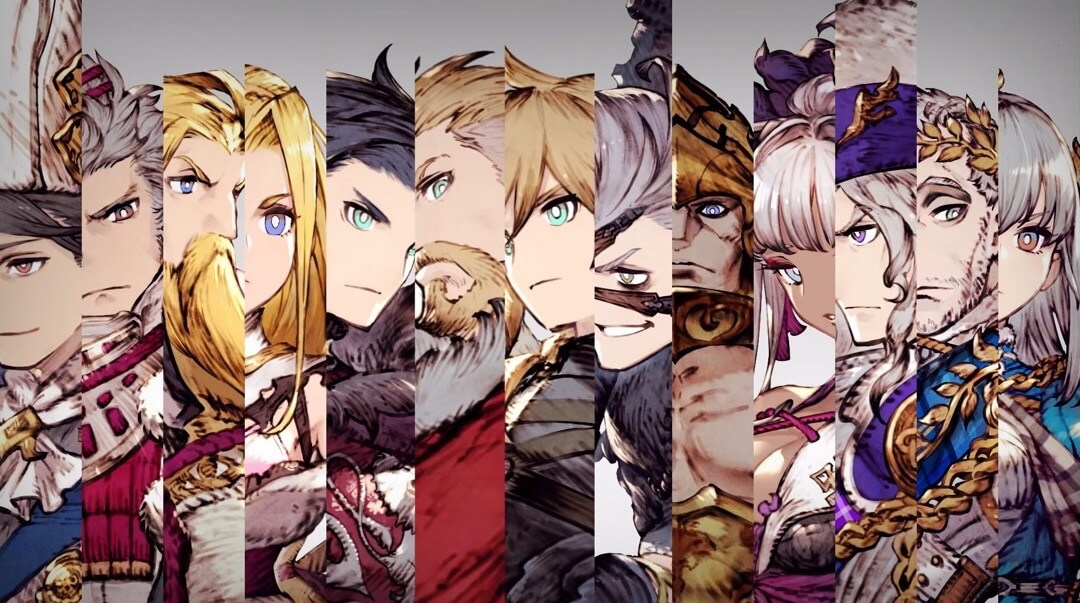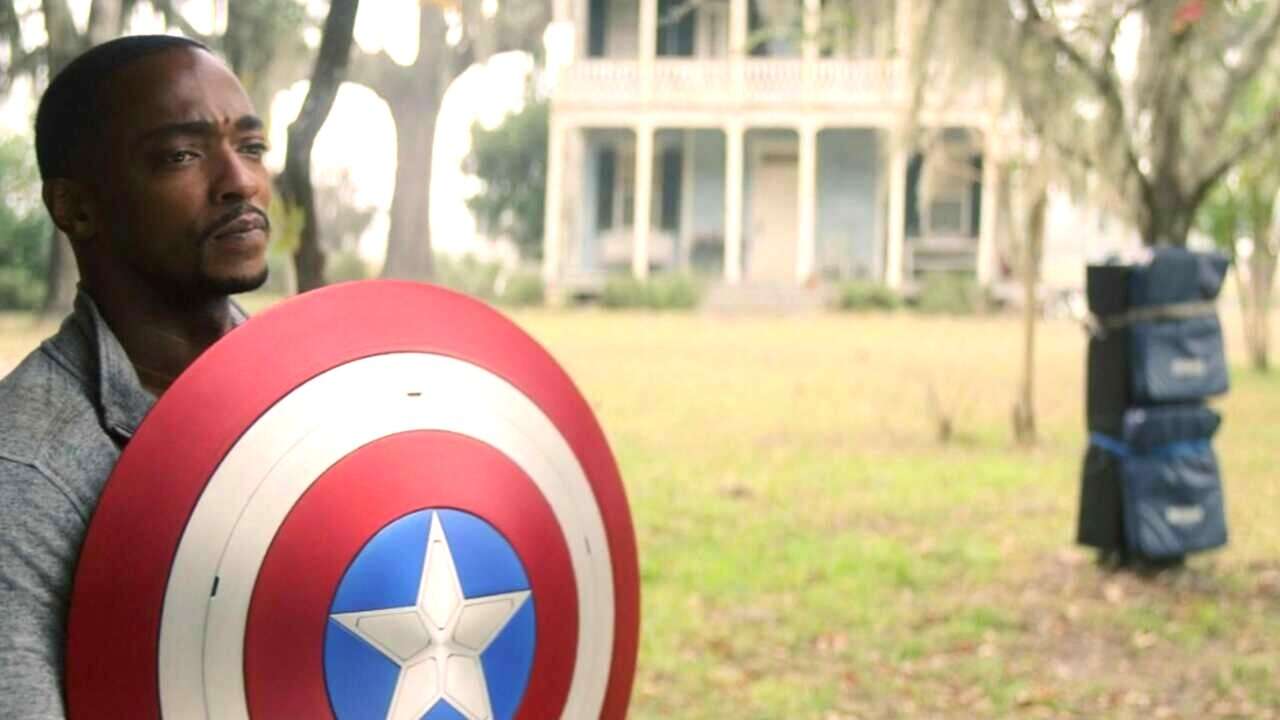After seeing my older brother had left an idle shooter game on the TV, in our basement, I made the obvious choice: I decided it was the perfect opportunity to be cool like him and delve into the world of online multiplayer games.
I was 10 years old, still in elementary school, and ready to make my Xbox Live debut. I put on the headset and said my greeting, but I wasn’t met with the instant camaraderie I was expecting. Instead, I was met with a monotone voice garbled to the point of sounding robotic. Naturally, I asked if they were a robot. Despite their cordiality, their patience wore thin by about the fifth time I asked, and I was finally met with a very un-monotone “SHUT UP.”
Sure, the sudden outburst from my new robot friend was off-putting. But I was no stranger to shooter games, especially Halo, having played through co-op campaign after campaign with my dad on Halo 2. After hearing Master Chief’s impossibly cool last line, “Sir, finishing this fight,” I had decided: My fight wasn’t finished yet either. And so I dove into the world of Xbox Live multiplayer, first along with my dad, and later by myself. I didn’t care who I was matched up with in the Xbox Live lobbies, or that they were complete strangers; I would be the best preteen Halo 2 player anyone has ever seen.
I ended up dedicating a couple years to this pursuit. Day after day, after school or on the weekends, I booted up Halo 2 on our Xbox. And as the infamous Gregorian chants rolled in, I signed onto our family Xbox Live account — which had a username that combined letters in our names — and loaded into a lobby of our opposing teams. After some chatter, I began the game. It was time for me to prove myself.
At first, whether I enjoyed the match basically depended on which map we loaded into. Among my favorites were Headlong, Coagulation, Lockout, and Zanzibar. The cityscape of Headlong added a fun platforming aspect, and Coagulation’s wide-open landscape made it easier to spot friends and foes. While I performed worst on Lockout, I have an inexplicable fondness for that wintry fortress. As for Zanzibar, I just enjoyed putting off the fighting to drive into the water as far as I could.
But it wasn’t until I dug deeper into maps like Headlong and Coagulation where I realized the key in my quest for Halo fame: the Banshee. The Covenant aircraft became the only weapon I cared about if it was available. As soon as the game started, I made a beeline before anyone else could object, and I’d take to the skies in a series of flips and start my destruction.

During one particular game I remember unloading incessantly onto an enemy player. Time and time again they died by my wretched little hands. I felt particularly validated when — to my pleasant surprise — I loaded into the next game’s lobby with that same unfortunate player on my team. I smugly told them we met again.
“Ah yes, the little Banshee driver,” a guy’s amused voice responded.
This is probably a good point to admit (and spoil) that this essay doesn’t end on a tale of triumph in my quest to be the coolest and most successful player on Halo 2. In fact, I lost more games than I won. I never made people tremble when they loaded into a lobby and saw my screen name, and my brother never congratulated me on my online prowess, nor did he invite me to play Halo 2 with his friends.
It might have been because my entire play strategy was dependent on finding a Banshee. If I wasn’t lucky enough to load into a map with a Banshee, or snag one as soon as the game started, I was in for a steep uphill battle — and I mean that literally. My inevitable death was confirmed when an enemy jumped into the air while shooting at me. Before I could counteract, I was watching the respawn countdown. In horror, I witnessed them proceed to crouch up and down over my lifeless virtual body (which I later learned was a true cornerstone in toxic gaming behavior: teabagging).
I can’t say I know for sure what went through acquaintances’ minds when I told them I used to get on a voice chat, as a young girl, with a bunch of strangers (usually boys and men) before shooting at each other on a map. But I always quickly followed the statement with “it wasn’t really bad like you might think.”
Of course, there’s an inherent risk to entering an often unmoderated forum with strangers, and the lobby and violent maps of Halo 2 with voice chat were no exception. I came across a fair share of rude players, players who were impatient, team killing, and strangers yelling insults. I’m sure some of those moments impacted my younger self, though I no longer remember, more than 15 years later.
What I remember the most, however, wasn’t the specific losses, the rude teammates and enemies, or even the wins in my indestructible Banshee (at least it felt indestructible until I heard the target lock from a rocket launcher). I most remember the camaraderie and fun that can come with battling it out with complete strangers.
A lot of times it felt like my unmistakable little-girl voice in the game chat made no difference, unlike in real life where I was among the youngest on the block and treated accordingly by the other kids. In the multiplayer maps of Halo 2, whether I was trying to glitch onto a building top in Headlong or doing Banshee flips out of the bases in Coagulation, I was just another player. My teammates sometimes dropped their better weapons to help me out, or they would shoot an enemy before they could get me (and sometimes I saved them). Sometimes it was even as non-combative as a kind voice giving advice and hyping everyone up.
Those are the memories from playing Halo 2 on Xbox Live I took with me, and it’s something I notice and try to remember the most when I play online games now: the commonplace nature of people wanting to cooperate. Sharing those experiences with people I’ll likely never meet, and creating new experiences when I played online with my dad, instead of just playing through the campaign again, were some of the most formative moments of my childhood. Based on my experience, I have a lot of gratitude for that game in my life.
Except for teabagging.
Source: Polygon





















